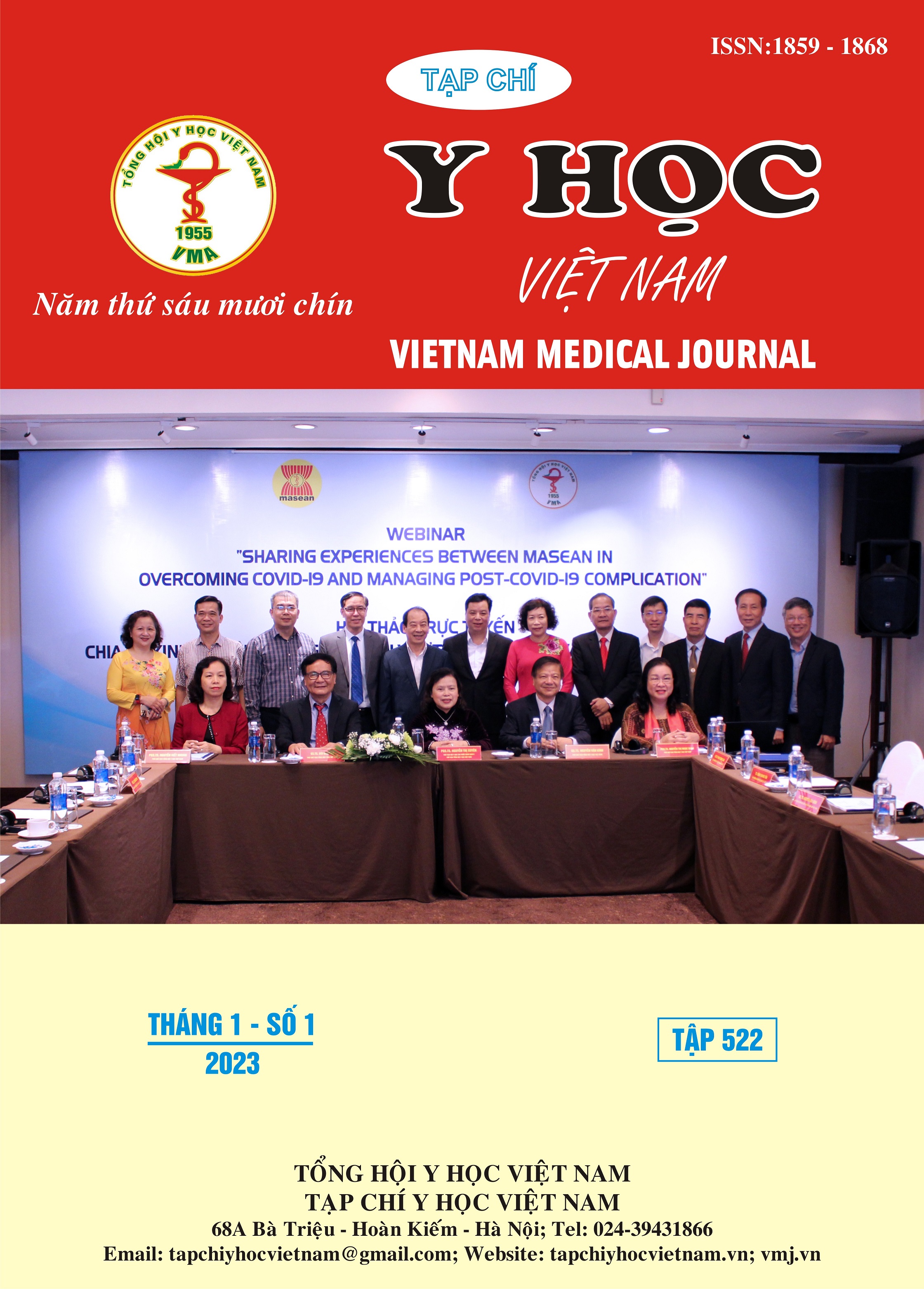THE BIS SCORE AS PREDICTOR OF NEUROLOGICAL FUNCTION IN CARDIAC ARREST PATIENT WITH ROSC
Main Article Content
Abstract
Prediction of neurological function in post cardiac arrest patient with ROSC (return of spontaneous circulation) is a challenge for emegency physician. Although many modern methods to maintain the circulation, relatively lack of tools to evaluate the mental status, beside the clinical judgement and radiology. The BIS score (bispectral index) provide a EEG variation information is an option alternatively. We conducted a study measured the BIS score in 31 patients with ROSC to predict the outcome of recovery at day 30 aftermatch. We used the CPC (Cerebral Performance Category) range from 1 to 5, regarding of fully recovery to death. The result revealed that: the BIS score on admission had the AUC of 0,827, cutoff point 43,5 with the sensitivity of 79,2%, the specificity of 85,7%. If the cutoff reduce to 23, the sensitivity chang to 33,3%, but the specificity reach 100%. The BIS score at 72 hour after cardiac arrest demonstrated the AUC of 0,888, cutoff point of 53, sensitivity 92,9%, specificity of 71,4%. Two patients have experienced the BIS score of 0 in the first 24 hour, they all died inhospital. Conclusion: BIS score has been proven to be a predict factor for neurologic outcome in post cardiac arrest patient with ROSC.
Article Details
Keywords
cardiac arrest, ROSC, bispectral index
References
2. Nielsen N, Wetterslev J, Cronberg T, et al. Targeted Temperature Management at 33°C versus 36°C after Cardiac Arrest. N Engl J Med. 2013;369(23):2197-2206.
3. Trần Hùng Mạnh. Nghiên cứu chỉ số NSE trong dự báo kết cục thần kinh sau cấp cứu ngừng tuần hoàn. Đại học Y Hà Nội. 2019. Luận văn Bác sỹ chuyên khoa II.
4. Leary M, Fried DA, Gaieski DF, et al. Neurologic prognostication and bispectral index monitoring after resuscitation from cardiac arrest. Resuscitation. 2010;81(9):1133-1137.
5. Eertmans W, Genbrugge C, Vander Laenen M, et al. The prognostic value of bispectral index and suppression ratio monitoring after out-of-hospital cardiac arrest: a prospective observational study. Ann Intensive Care. 2018;8(1):34
6. Jouffroy R, Lamhaut L, Guyard A, et al. Early detection of brain death using the Bispectral Index (BIS) in patients treated by extracorporeal cardiopulmonary resuscitation (E-CPR) for refractory cardiac arrest. Resuscitation. 2017;120:8-13.
7. Lee SB, Wee JH, Choi SP, Park JH. Bispectral Index in Early Target Temperature Management Could Be a Good Predictor of Unfavourable Neurological Outcome After Cardiac Arrest. Circulation. 2017;136(suppl_1):A12405-A12405.


